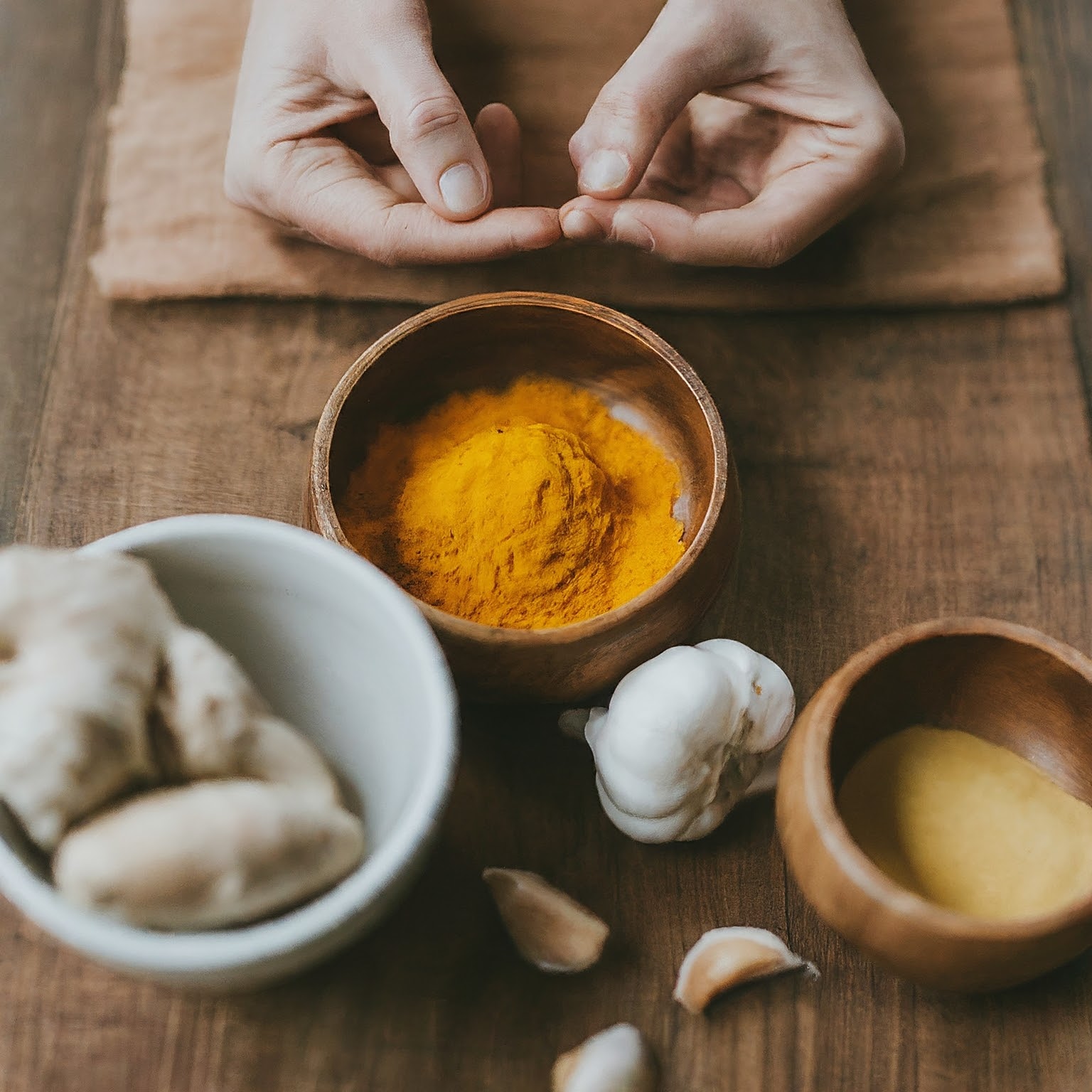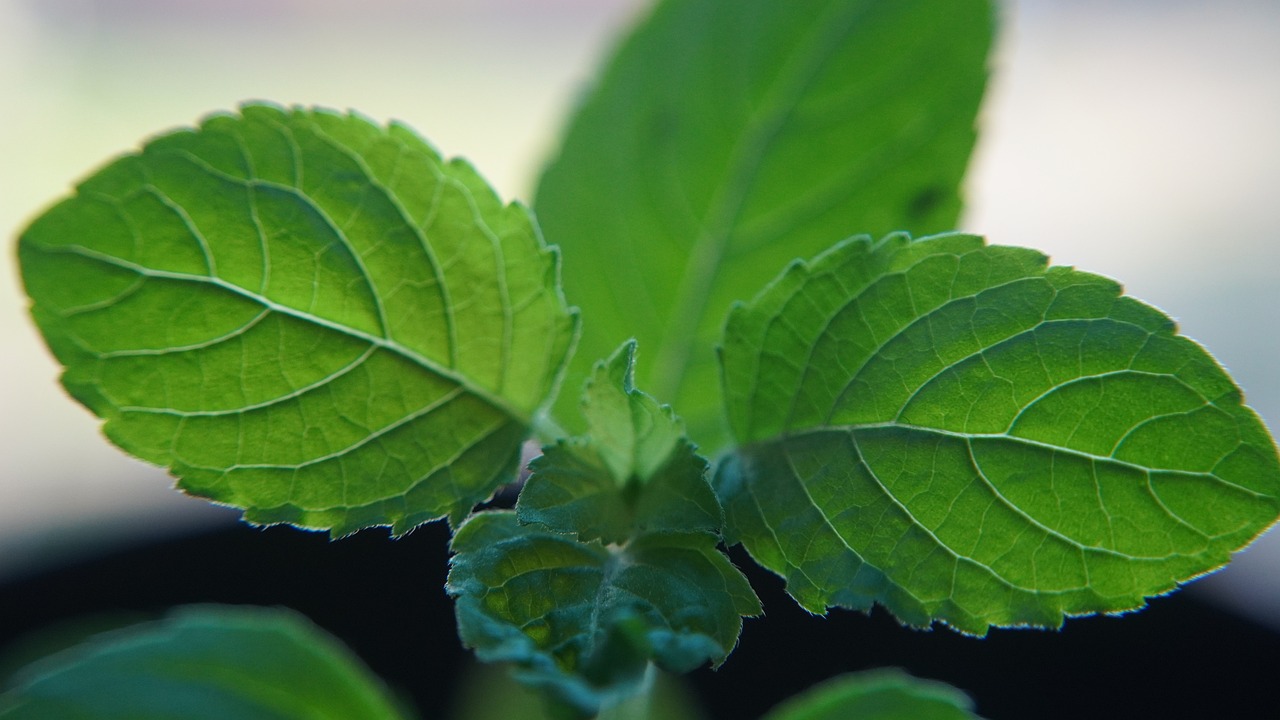Estimated Reading Time: 15 minutes Cuisine Type: Primarily Indian with Global Influences Preparation Timeline: Varies based on recipe Number of Serves: Varies based on recipe Best Season: Year-round Nutritional Parameters: High in fiber, antioxidants, omega-3 fatty acids, vitamins, and minerals. Low in saturated and trans fats, sodium, and added sugars.
Understanding Inflammation
Inflammation is a natural bodily response to injury or infection. However, chronic inflammation can contribute to a host of health issues, including heart disease, diabetes, arthritis, and digestive problems. An anti-inflammatory diet focuses on foods that help reduce inflammation in the body, promoting overall well-being. Further, Inflammation in the yogic context is seen as an imbalance in the body, a disruption to the harmonious flow of prana (life force energy). It’s often linked to stress, negative emotions, and an unhealthy lifestyle. Pranayama practices in yoga aim to restore balance and reduce this imbalance. If interested to know more about “Pranayama” Click here..
The Importance of an Anti-Inflammatory Diet
By incorporating anti-inflammatory foods into your diet, you can:
Reduce chronic inflammation
Manage autoimmune diseases
Improve heart health
Boost brain function
Enhance skin health
Aid in weight management
Anti-Inflammatory Food Powerhouse
To combat inflammation, prioritize these foods:
Fatty fish: Salmon, mackerel, sardines, tuna
Olive oil: Extra virgin olive oil
Nuts and seeds: Almonds, walnuts, chia seeds, flaxseeds
Fruits: Berries, cherries, apples, oranges
Vegetables: Leafy greens, broccoli, cauliflower, sweet potatoes
Whole grains: Brown rice, quinoa, oats
Legumes: Lentils, chickpeas, kidney beans
Herbs and spices: Turmeric, ginger, cinnamon, garlic, rosemary
Anti-Inflammatory Diet Plan
While a personalized diet plan is best, here’s a general guideline:
Breakfast: Emphasize protein and fiber for sustained energy.
Lunch: Opt for a balanced meal with plenty of vegetables.
Dinner: Incorporate lean protein and complex carbohydrates.
Anti-Inflammatory Diet Recipes
Breakfast: Turmeric and Spinach Oatmeal
Ingredients:
1/2 cup rolled oats
1 cup almond milk
1/4 cup fresh spinach
1/2 teaspoon ground turmeric
Pinch of black pepper
1 tablespoon chia seeds
Optional toppings: berries, nuts
Instructions:
Combine oats, almond milk, spinach, turmeric, and black pepper in a saucepan.
Bring to a boil, then reduce heat and simmer until oats are cooked through.
Stir in chia seeds and let cool slightly.
Top with desired toppings.
Lunch: Lentil Soup with Whole Grain Bread
Ingredients:
1 cup red lentils
4 cups vegetable broth
1 onion, chopped
2 carrots, chopped
2 celery stalks, chopped
2 cloves garlic, minced
1 teaspoon dried thyme
1/2 teaspoon ground cumin
Salt and pepper to taste
Optional garnishes: fresh parsley, lemon juice
Instructions:
Sauté onion, carrots, celery, and garlic in olive oil until softened.
Add lentils, broth, thyme, cumin, salt, and pepper to a pot.
Bring to a boil, then reduce heat and simmer until lentils are tender.
Serve hot with whole grain bread.
Dinner: Grilled Salmon with Roasted Vegetables
Ingredients:
2 salmon fillets
1 tablespoon olive oil
1/2 teaspoon dried dill
1/4 teaspoon black pepper
1 sweet potato, cubed
1 red bell pepper, sliced
1 cup Brussels sprouts, halved
Instructions:
Preheat grill or oven.
Drizzle salmon with olive oil, dill, and pepper.
Toss sweet potato, bell pepper, and Brussels sprouts with olive oil, salt, and pepper.
Grill salmon and roast vegetables until cooked through.
Ayurveda and Yoga: Complementary Practices
Ayurveda emphasizes the importance of balance and digestion, while yoga promotes stress reduction and overall well-being. Both practices can complement an anti-inflammatory diet.
Indian Herbs with Anti-Inflammatory Properties:
Turmeric: Contains curcumin, a potent anti-inflammatory compound. Can be consumed as a spice in food or as a supplement. Read More.
Ginger: Helps reduce inflammation and aids digestion. Can be added to tea, food, or consumed as a supplement.
Ashwagandha: An adaptogen with anti-inflammatory properties. Available in capsule or powder form. Read More.
Boswellia: Effective in reducing inflammation, especially in joint conditions. Often found in supplement form.
Beyond Inflammation: Additional Benefits
An anti-inflammatory diet can also help manage conditions such as:
Heart disease
Diabetes
Metabolic syndrome
Digestive issues
Skin conditions
Remember, consistency is key. Incorporate anti-inflammatory foods into your daily meals, and over time, you may experience improved health and well-being.
Disclaimer: This article is intended for informational purposes only and should not be considered medical advice. Always consult with a healthcare professional before making significant changes to your diet






Very Helpful and Informative